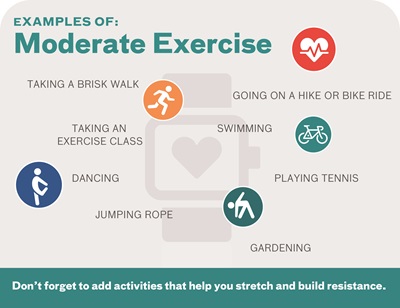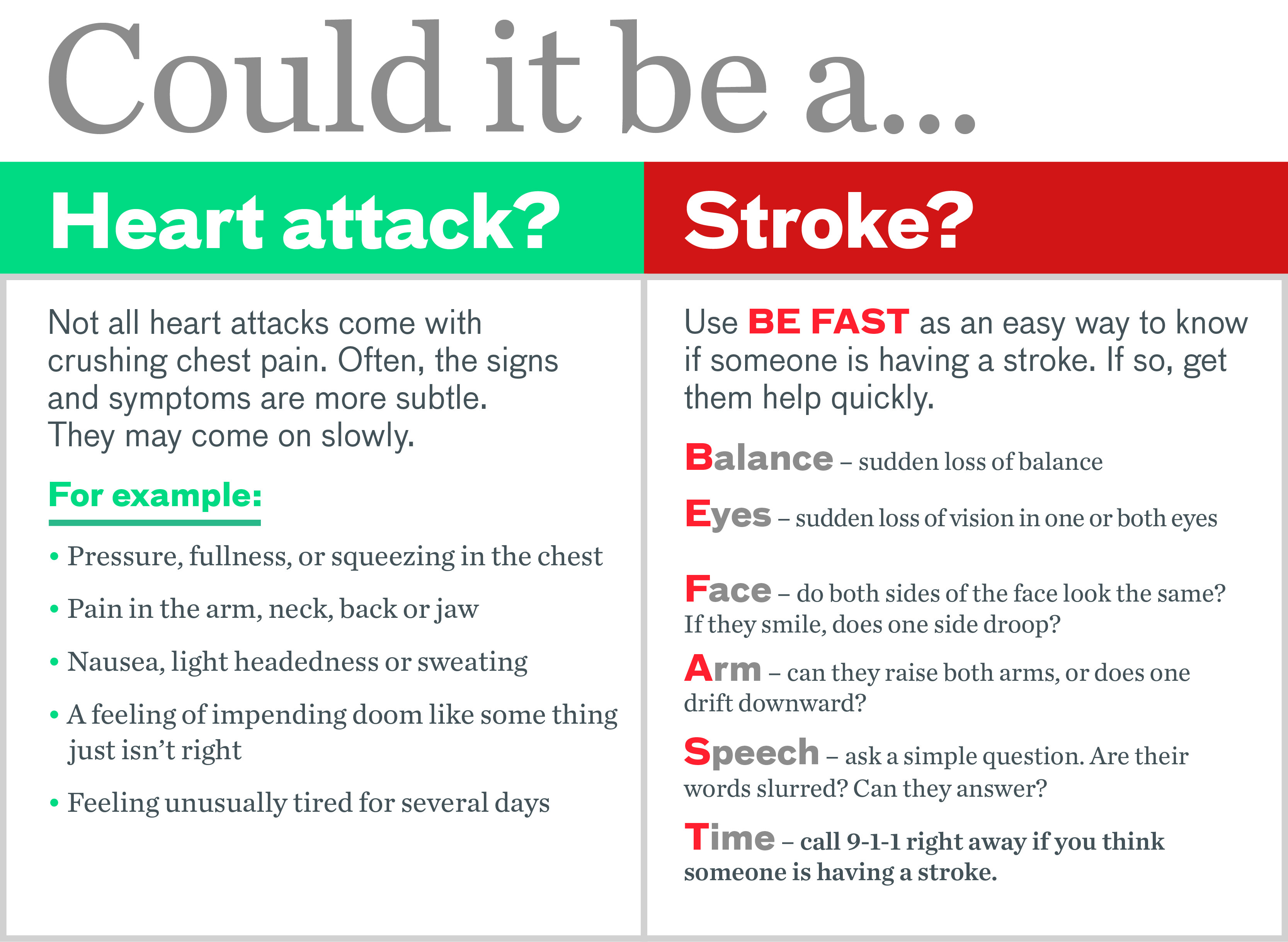Heart disease affects millions of Americans. In fact, it remains the leading cause of death for both men and women.

“Unfortunately, only half of these individuals experience warning signs before a catastrophic event such as a heart attack or stroke,” said Michael Shapiro, DO, who is a preventive cardiologist at Atrium Health Wake Forest Baptist. “Thankfully, we have better diagnostic tools to help identify and uncover underlying heart disease before someone has a major event.”
Of course, an even earlier and important goal is to prevent heart disease in the first place. Doing so largely centers around behavior change – things like knowing how to eat a heart healthy diet, getting enough physical activity, keeping an eye on your weight, managing stress, not smoking and taking medicines, if needed. The trick is that not everyone knows where to start or how to make these changes in a way that fits their life so they will actually stick with them.
That’s the focus of the preventive cardiology program at Atrium Health. Dr. Shapiro and his team are helping people who have a high likelihood of developing heart and blood vessel diseases focus on what they can do to avoid it in the first place. As part of the program, individuals meet with a team of experts, which also often includes a health educator/lifestyle counselor, dietician and pharmacist, who become their cheerleaders in a sense.
“We try to meet patients where they are with a team approach and tailor a plan that helps them stay heart healthy,” Dr. Shapiro said.
7 steps you can take to stay heart healthy
1. Know what makes heart disease more likely in the first place. Talk with your doctor or on-site health clinic provider about your personal risk of heart disease. It’s never too early to think about how to keep your heart healthy.
You have a greater chance of heart disease if you:
- Have high cholesterol, high blood pressure or diabetes – make sure you know and write down your numbers
- Smoke
- Are overweight
- Don’t get enough physical activity, or have a job that keeps you sitting most of the day
- Don’t eat a heart healthy, well-balanced diet
- Feel overly stressed all the time. If this is the case, chances are you’re also not getting enough sleep, making healthy food choices or taking care of yourself
- Have a family history of heart disease. For example, if a parent, brother or sister has had a procedure to open blocked arteries in the heart or legs, a heart attack or stroke, especially at a young age (before age 55 for males and age 65 for females).
2. Get your heart pumping. Aim to get 30 minutes of exercise most days of the week. Pick an activity you enjoy – and one that will get your heart rate up.

Exercise strengthens your heart, and it can also help lower your blood pressure, cholesterol and blood sugar. You’ll also find you have more energy and that you'll be more inclined to make healthier choices.
Research shows that sitting for too long is bad for your health – no matter how much exercise you get. If you have a desk job, drive a vehicle or find yourself sitting for extended periods of time, set a reminder to get up and move throughout the day whether it’s to take a quick stretch break, go for mid-day walk with a coworker, or do jumping jacks in place.
3. Eat healthy and don’t forget to read food labels.
A heart healthy diet includes foods that are high fiber and low in saturated fats, added sugars and salt (sodium).
A few helpful hints:
- Healthy fats are OK in moderation. These include unsalted nuts, cheese, eggs, fatty fish, avocado and olive oil.
- Fill your plate with color from a variety of fresh fruits and vegetables.
- Bake or grill your food instead of frying it.
- Limit processed and packaged food. This includes deli meats, hot dogs, crackers, breads and sauces – which tend to be loaded with sodium.
- Plan ahead so that you have healthy meals and snacks on hand.
- Limit alcohol.
4. Manage stress. Periods of high stress can increase your blood pressure and quicken your heart rate. Find ways to destress – whether it’s listening to calming music, reading a book, doing yoga or just taking a walk outside.
5. Prioritize sleep. More research is linking poor sleep to heart woes. Try to clock 7-8 hours of sleep each night. It’s a good idea to put away devices and shut off the TV at least an hour before turning in. Be sure to let your doctor know if you have trouble falling or staying asleep at night, or if you don’t feel rested during the day.
6. Quit tobacco. Tobacco smoke contains more than 7,000 chemicals, including at least 70 that are known to cause cancer. Smoking, as well as breathing in someone else’s smoke, can also damage the lining of your blood vessels, which can set the stage for a heart attack or stroke. Need help quitting? Talk with your care team today.
7. Know the signs of a heart attack or stroke. Be sure you know the signs so you can act quickly to call 911 if needed. Always follow your gut.




